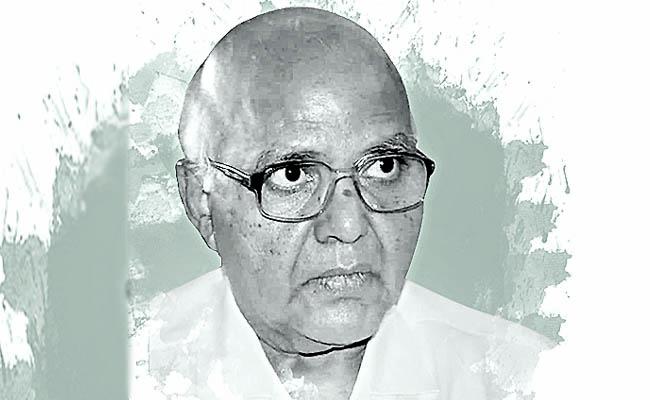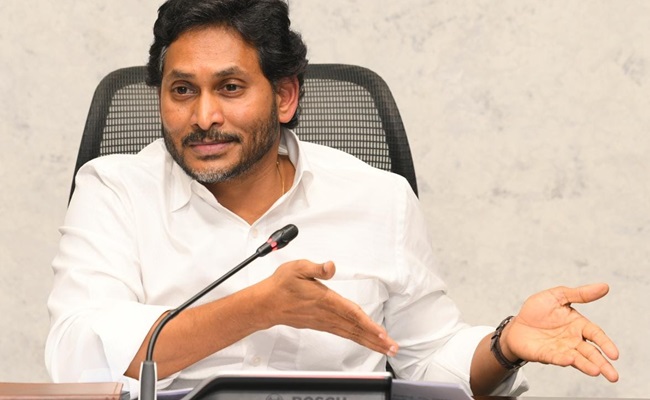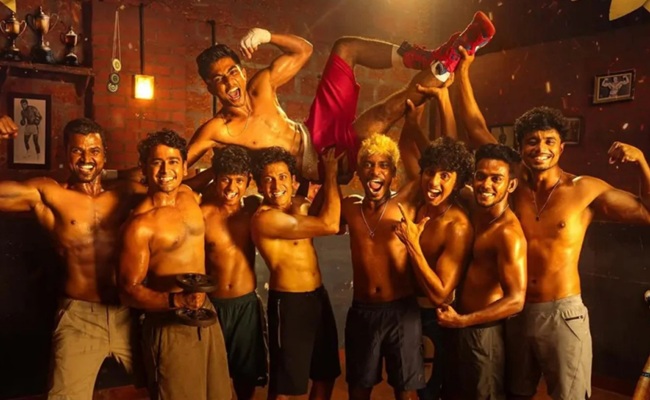
Cherukuri Ramoji Rao, chairman of Ramoji Group and Padma Vibhushan awardee, is no more. He breathed his last at a private hospital at Nanakramguda in Hyderabad in the early hours of Saturday after prolonged illness.
He was 87. He is survived by his wife Rama Devi and son Ch Kiran. His younger son Ch Suman died of cancer on September 7, 2012.
According to the family members, Ramoji Rao had been suffering from chronic illness and age-related health complications for a long time.
He was admitted to Star Hospitals of Nanakramguda in Hyderabad on June 5 afternoon due to respiratory issues and high blood pressure.
He was kept on ventilator support and was in a critical condition. He breathed his last at around 4.50 am.
His body is being taken to his residence in the Ramoji Film City on the outskirts of Hyderabad to enable his family members, people and VIPs to pay their tributes.
Born on November 16, 1936, to Cherukuri Venkata Subamma and Cherukuri Venkata Subbaiah, a family of farmers at Pedaparupudi village in Krishna district of Andhra Pradesh, Ramoji Rao studied Telugu literature and was influenced by the Leftist ideology.
He forayed into the business of pickle making. It is said he used to go door-to-door on his bicycle to sell the pickles, which picked up soon. Later, he entered into chit fund business and did not look back later.
Within years, Ramoji Rao established a massive business empire, including Margadarsi Chit Funds, Eenadu Telugu daily, ETV network of television channels, film production company Usha Kiran Movies and the world’s largest film production facility – Ramoji Film City (RFC).
He also owns Dolphin group of hotels, Kalanjali Saree Showrooms, Priya Foods and Mayuri Film Distributors.
Eenadu Telugu newspaper, established by Ramoji Rao in 1974, was a revolution in the media industry in the entire country. With stalwarts in Telugu literature like Rambhatla Krishna Murthy, Chalasani Prasad and A B K Prasad, Eenadu set a new trend in Telugu newspaper reading and left an indelible mark on the Telugu history.
Though Ramoji Rao earned the criticism from various sections of people for taking the side of Telugu Desam Party established by N T Rama Rao in 1982, he did not give up his affiliation with the party, which is still continuing.
He played instrumental role in the TDP coming to power within nine months of its inception. Apparently, the paper also had its role in the selection of several TDP candidates.
Rao’s films under Usha Kiran Movies banner won several state and national awards. In 2016, he was honoured with Padma Vibhushan, the second highest civilian award of he country for his contributions in journalism, literature and education.
He had to face several allegations in his prolonged career including encroachment of hundreds of acres of the poor farmers for Ramoji Film City and irregularities in the collection of deposits through Margadarsi group.
At one stage, the Y S Jagan Mohan Reddy government also made an attempt to arrest him in the Margadarsi case last year, but he managed to avoid it by approaching the courts.
Yet, his journey is an inspiration to millions of people throughout the country. The Ramoji Film City is still considered the best film making facility which is the livelihood of many employees.
He also founded Rama Devi Public School in the name of his wife near the Ramoji Film City, which is very popular for ICSC education.













